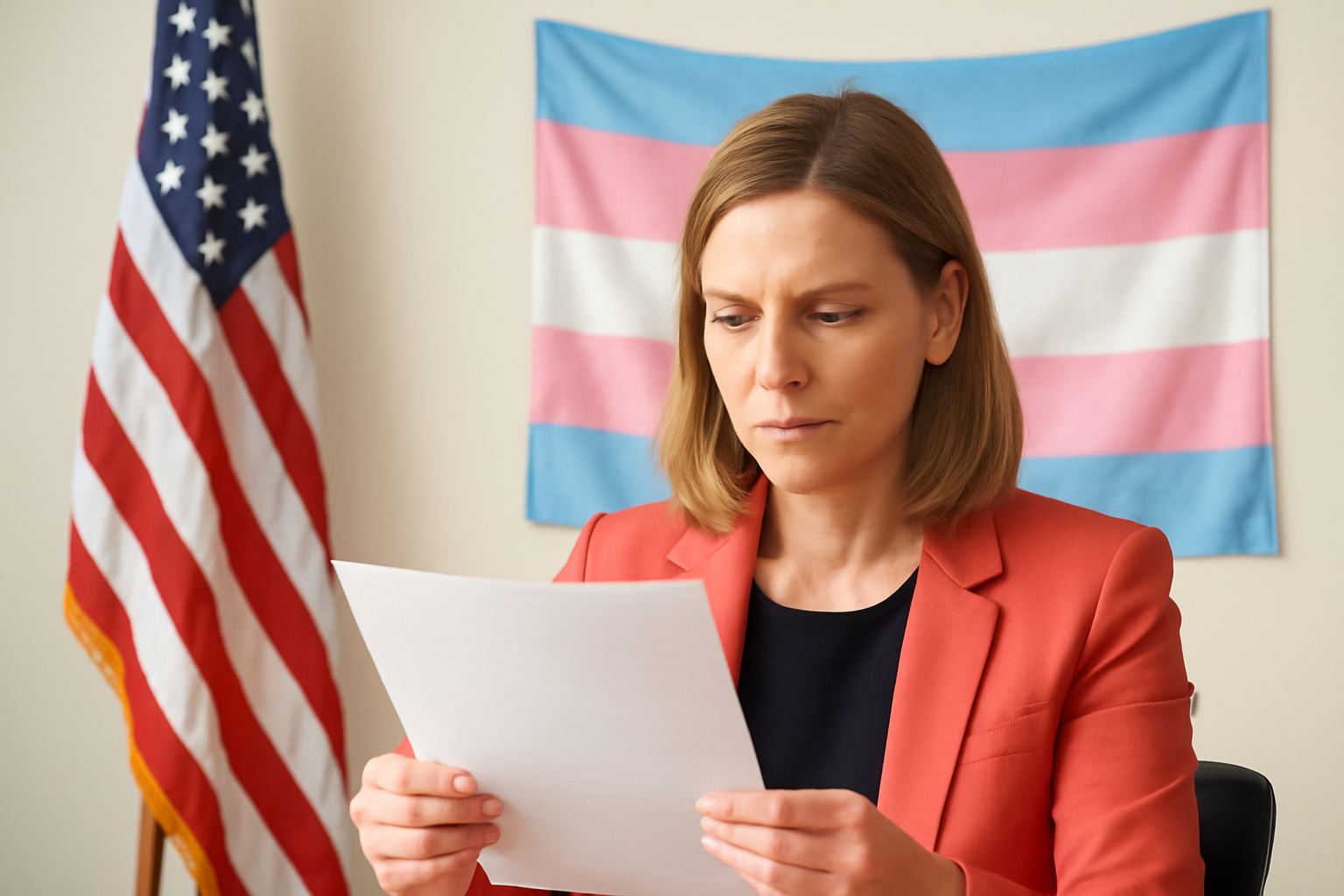
Recent executive orders targeting transgender individuals have created significant challenges for trans communities, their families, and associated institutions. Federal agencies have been directed to remove references to "gender ideology" from public-facing materials, which has affected resources on HIV prevention, health disparities, and anti-discrimination guidelines.
Employees within federal agencies face new directives, such as eliminating pronouns from email signatures, and restrictions on Pride events have been enforced. These orders have prompted debate and concern among advocacy groups and legal professionals.
Since taking office, the administration has issued sweeping orders perceived as targeting transgender rights, with many institutions preemptively complying out of fear of repercussions. Legal experts argue that these orders challenge established precedents and could face significant legal hurdles.
Institutional Compliance and Fear
Several orders aim to enforce restrictions on transgender participation in sports and access to gender-affirming care. These orders have been described as attempts to redefine "sex" and have led to voluntary cancellations of gender-affirming healthcare services by hospitals.
The advocacy community believes that the administration is leveraging fear to ensure compliance without needing to enforce these orders through formal processes. These actions have sparked legal challenges from parents, advocacy groups, and state attorneys general.
Schools and hospitals are particularly vulnerable due to their reliance on federal funding. Institutions fear that non-compliance could result in financial penalties, even as legal experts question the enforceability of these orders.
Legal and Community Response
Despite legal ambiguities, many institutions have altered their policies in response to these orders. This includes changes to athletic participation rules and healthcare service offerings. Such adjustments often occur without waiting for judicial clarification or formal rulemaking processes.
Legal organizations like the ACLU have challenged the orders, arguing they lack legal basis and violate established rights. Civil rights advocates are actively supporting trans individuals and institutions in navigating these uncertain times.
The impact of these orders extends beyond immediate compliance, affecting institutional norms and practices. Advocacy organizations stress the importance of continued resistance against policies they view as discriminatory and harmful.
Broader Implications and Resistance
The administration's stance on transgender issues reflects a broader conservative movement aiming to restrict trans rights at multiple levels of government. This has led to increased scrutiny and pushback from both legal entities and grassroots organizations.
Trans individuals and their allies are mobilizing to challenge these directives and advocate for the protection of trans rights. This includes litigation efforts and public campaigns to raise awareness and support for affected communities.
Organizations continue to emphasize the humanity and dignity of transgender individuals, advocating for comprehensive legal protections and the preservation of essential healthcare services.
Conclusion
The ongoing debate over these executive orders highlights the fragile nature of civil rights protections and the need for continued vigilance and advocacy. As legal challenges progress, institutions and individuals must navigate a complex landscape of compliance, resistance, and legal interpretation.
Despite the challenges posed by these orders, the resilience and determination of the transgender community and its allies remain steadfast in the pursuit of equality and justice.
Related Posts
Finding a Community in Unexpected Places: A Personal Journey Through Texas
On my latest business trip down in Texas, it felt like everything that could go wrong did. It all started with my flight from Los Angeles, which got hit with major delays. I ended up missing my connecting flight in Dallas, and it took a full day before I finally made it all weary and worn out in McAllen. I tried chalking it up as one those typical travel mishaps, but I couldn't help but wonder if [...]
Jonathan Bailey's 'Chic Glasses' Steal the Spotlight in Jurassic World Rebirth
Jonathan Bailey's fashion choice dazzles in Jurassic World Rebirth Fans can't wait any longer—the latest installment in our beloved Jurassic franchise, *Jurassic World Rebirth*, hits theaters soon. And guess what? It's not just about dinosaurs this time. Jonathan Bailey, whom we adore from *Bridgerton*, steps up as Dr. Henry Loomis, a charismatic paleontologist. But what's stealing his thunder? [...]
Martha Graham Cracker: A Night of Electrifying Drag Performance in Atlantic City
Experience a night like no other: Martha Graham Cracker's rock n' roll drag cabaret Get ready, because Martha Graham Cracker's about set Atlantic City's Anchor Rock Club on fire with her electrifying drag cabaret. With a voice that commands attention and a stage presence that's both vibrant and mesmerizing, she blends rock and roll with drag like nobody else. If you're itching a night jam-packed [...]